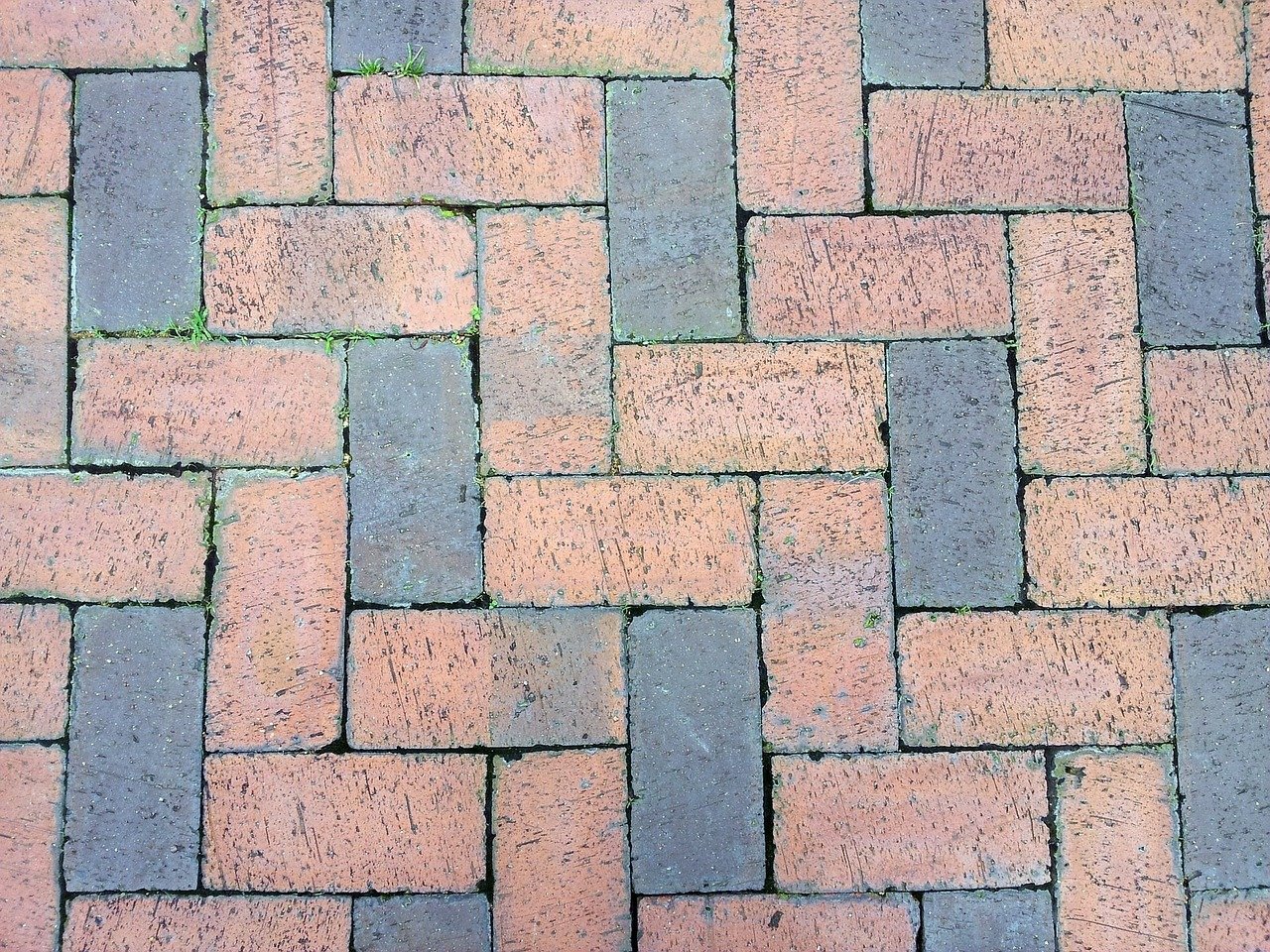Pictures in an Exhibition
Our friend Ian invited us to his club. Months ago.
He had taken a photograph of my father at his hundredth birthday party, and entered it as part of his contribution for the club’s photographic exhibition. He hoped it might be chosen.
It was.
Seldom do we go into town just for the fun of it. Indeed, Shaun can hardly be dragged to London at all.
Dress code: Business. “That’s quite a short skirt.” He smiled, eyebrows raised, at my favourite silk-and-linen shift dress, as I put my foot on a chair to buckle my sandal.
“Only if I’m riding a bicycle,” I said.
“But we are riding bicycles.”
It’s moot point, whether bicycling along the Embankment to Westminster is less or more scary now you’re far more likely to get knocked down by speeding lycra than you ever were pedalling gently along the pavement dodging pedestrians, as I used to when we lived in Parson’s Green and I was working at the National Theatre.
Because of threatened rail strikes, we aimed for half an hour early. Excellent tea – made with pyramid teabags and real leaves, boiling water and full cream milk – in the sun in deckchairs in St James’s Park. Or rather, Shaun in the shade because he was in a suit.
(“Perhaps you shouldn’t sit in a deck chair in that skirt, either.” Tricky one. The perfect length, standing up, is not quite so perfect, sitting down. As I discovered presenting a tv programme for Channel 5 in my lovely smart silk-and-linen shorts-suit. On a bicycle is better, really, because you whizz past fast enough not to notice.)
It was a glorious evening. And venue. Swagged windows up to the sky, almost. Parasols and potted roses on balconies overlooking the Mall, almost.
And what of the exhibit we’d been invited to see?
It flooded back to me. The hundred friends and pupils at my father’s surprise party. His astonished delight that anyone cared enough to see him. The bunting and balloons over the drive welcoming him back from church. The roast beef and hundred tiny Yorkshire puddings I had decided, in an insane moment, were the iconic Sunday lunch of his childhood. The deeply yellow yolk-and-double-cream custard over the blackberry-and-apple crumble. The Toy Symphony we entertained him with, and laughed enough to cry as we played, crammed into in the drawing room.
The hundred candles, arranged, lit, and extinguished by him, singer’s lungs still impressive, on his cake.
But most of all – ah, most of all by a very long way – my dear, dear father himself.
Whom I haven’t yet had leisure to mourn, there has been such a tangled web around our ears since he said goodbye and left to join my mother where there are no tangled webs at all.
And I wanted to cry.
“I wanted to cry,” I told Ian over my moist, fragrant crab followed by succulent pink lamb, in the vast and elegant dining room.
“Then my picture has succeeded,” Ian said. “If it moved you.”























